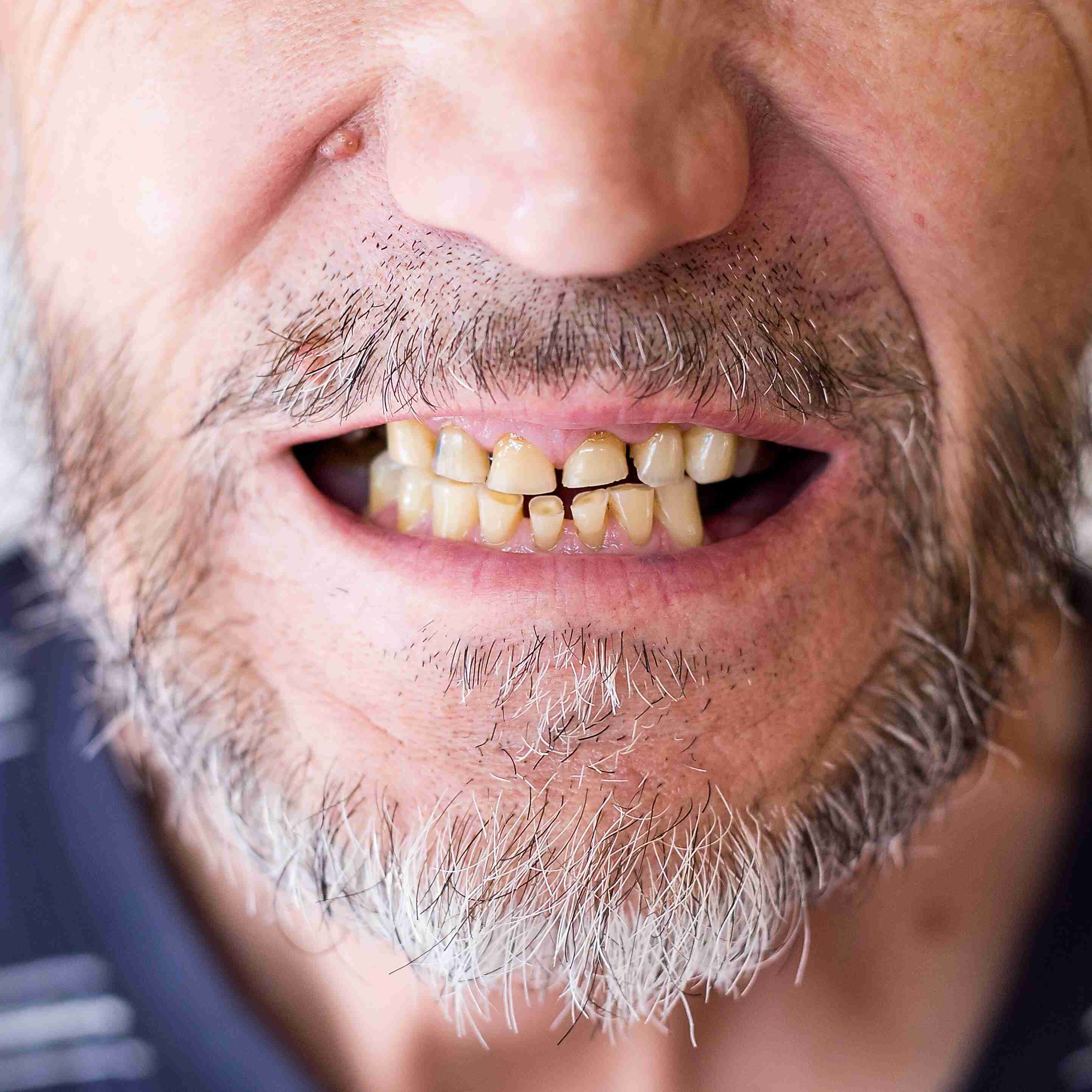
Teeth grinding, or bruxism, involves grinding, gnashing, or clenching teeth. It can cause jaw, muscle, and TMJ symptoms like jaw ache, headaches, earaches, and tooth sensitivity. Often unconscious, especially at night, many don't realize they have it until symptoms appear or a dentist notices tooth wear. Causes include stress, anxiety, or sleep disorders. If experiencing symptoms, consult a dental professional for diagnosis and treatment.
Children and adults can experience teeth grinding, but it mostly affects people between the age of 25 – 45. The two types of bruxism include:
It usually involves jaw clenching in response to stress or certain stimuli.
It is the most common type of teeth grinding, occurring when sleeping. It usually includes tooth grinding and clenching of the jaw.
Tooth grinding has several causes, and the exact cause is often difficult to identify. Possible causes of tooth grinding are:

Occlusal splints are a treatment that reduces strain on the muscles. The plastic splints are custom-made in the laboratory for each patient to reduce and address the effect of tooth grinding. This treatment method gives fast improvement.
Lifestyle changes and anti-stress medications can also help when stress and anxiety are the causes of bruxism. Some patients also find that injecting Botox into the jaw muscles can help.
In some cases, orthodontic treatment can move the teeth and bite into a better position. A more complex treatment may be necessary to restructure the bite by first relaxing the jaw muscles with an occlusal splint, then adjusting specific points in the teeth, and filing other teeth to re-equilibrate the bite and balance the chewing system to align the bite with the TMJ.
Visit Kingston Orthodontics or call us on 0203 002 2501 to book an appointment with our orthodontists to discuss your treatment options for bruxism.

Spread the cost of any treatment
We are here to help you achieve the perfect – and affordable – smile so please talk to us about our popular interest-free payment plans. Spread the cost and relax – secure in the knowledge that your treatment will take place on time and on budget.